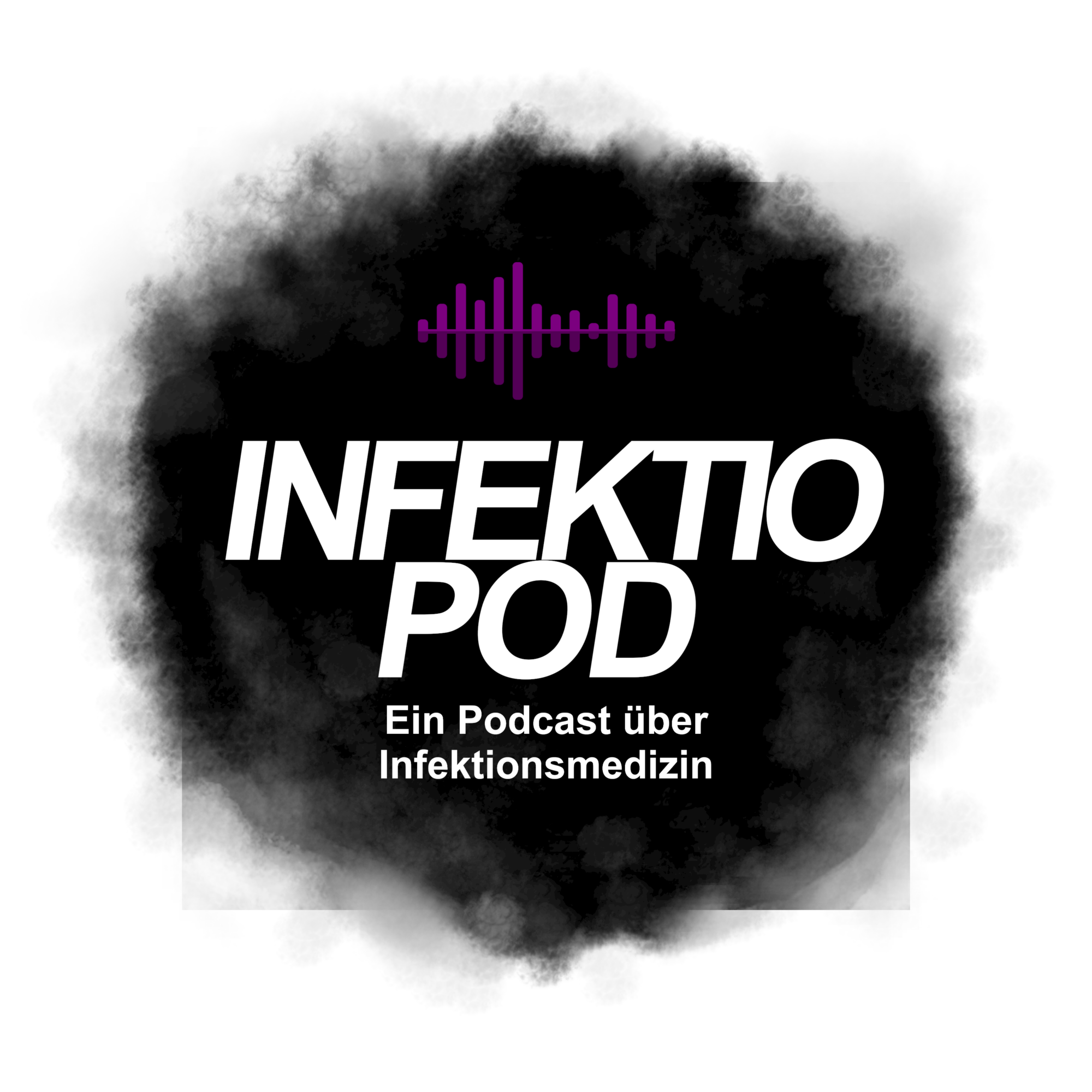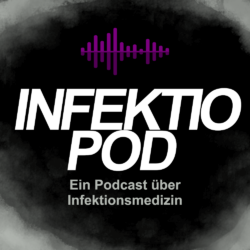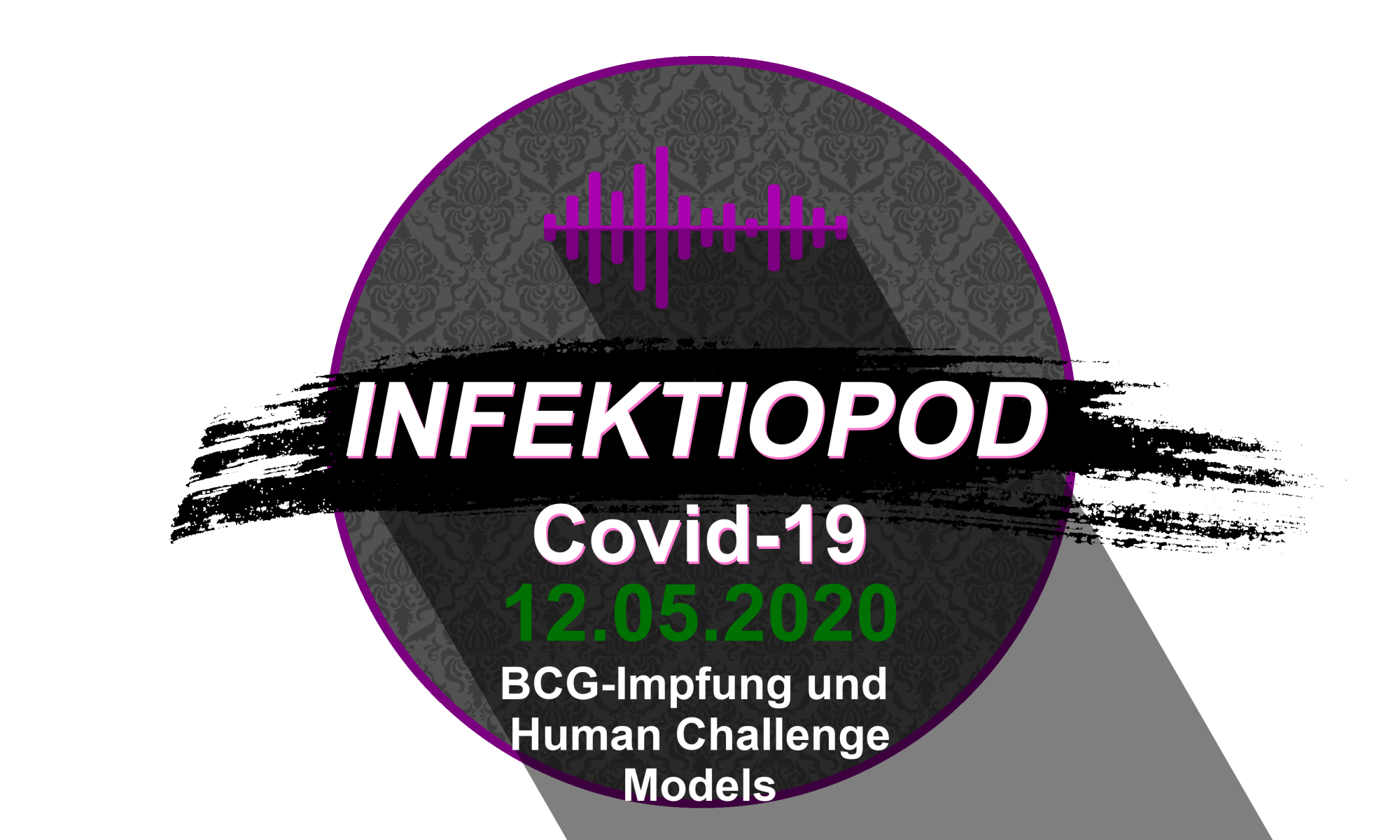Können Lebendimpfstoffe gegen Kinderlähmung (Polio), Masern oder Tuberkulose (BCG) eine unspezifische antivirale Wirkung gegen SARS-CoV-2 vermitteln? Was sind Immunologische Hypothesen für diese unspezifische protektive Wirkungen von Lebendvakzinen?
Und darf man Gesunde Proband*innen mit SARS-CoV-2 infizieren („human challenge models“) um die Forschung an einem Impfstoff voranzutreiben?
Diese spannenden Fragen diskutieren wir heute zu dritt. Till Koch und Annette Hennigs aus dem UKE in Hamburg haben diesmal Unterstützung von PD Dr. med. Barbara Kalsdorf. Sie ist Oberärztin am Forschungszentrum Borstel und in leitet dort eine Studie zur Prävention von Covid-19. Dabei wird VPM1002, eine ge-updatete Variante des alte Tuberkulose-Impfstoffs BCG, eingesetzt.
Links:
- Übersichtsartikel zu unspezifischer antiviraler Wirkung von Lebendvakzinen: A small jab – a big effect: nonspecific immunomodulation by vaccines
- Vorschlag von Konstantin Chumakov (Food and drug administration, USA): The use of non-specific protective effects of live vaccines to prevent SARS-CoV2
- Originalarbeit zu OPV-Studien im Russland der 1970er Jahre von Mikhail Petrovich Chumakov (dem Vater von Konstantin): live enterovirus vaccines for emergency non-specific prevention of mass respiratory diseases during autumn-winter outbreaks of influenza and other acute respiratory diseases
- Metaanalyse: Association of BCG, DTP, and measles containing vaccines with childhood mortality: systematic review
- Human Challenge models? Ein Artikel im Journal of Infectious Diseases (JID): Human Challenge Studies to Accelerate Coronavirus Vaccine Licensure und ein Artikel in Science: United States should allow volunteers to be infected with coronavirus to test vaccines, lawmakers argue


